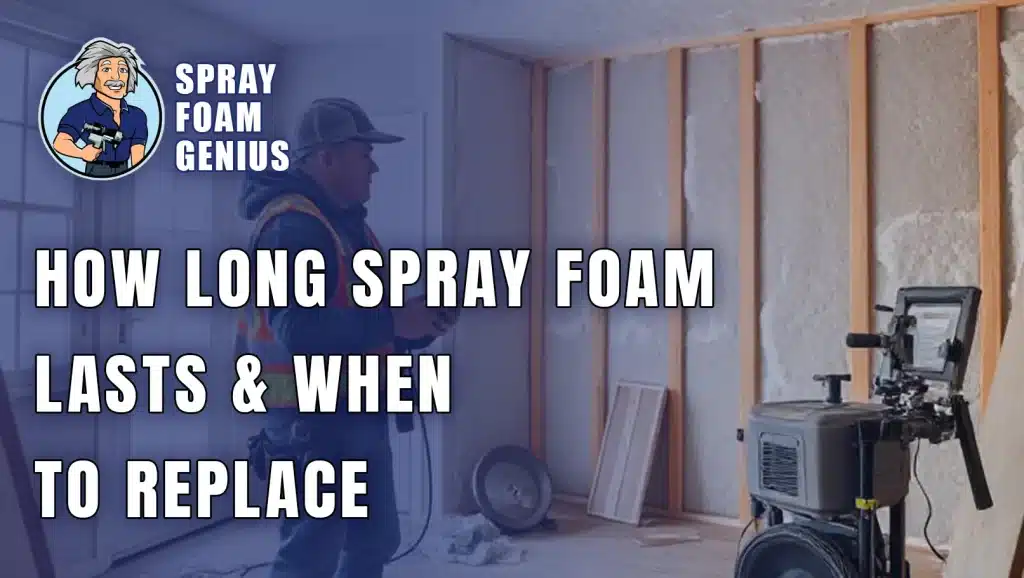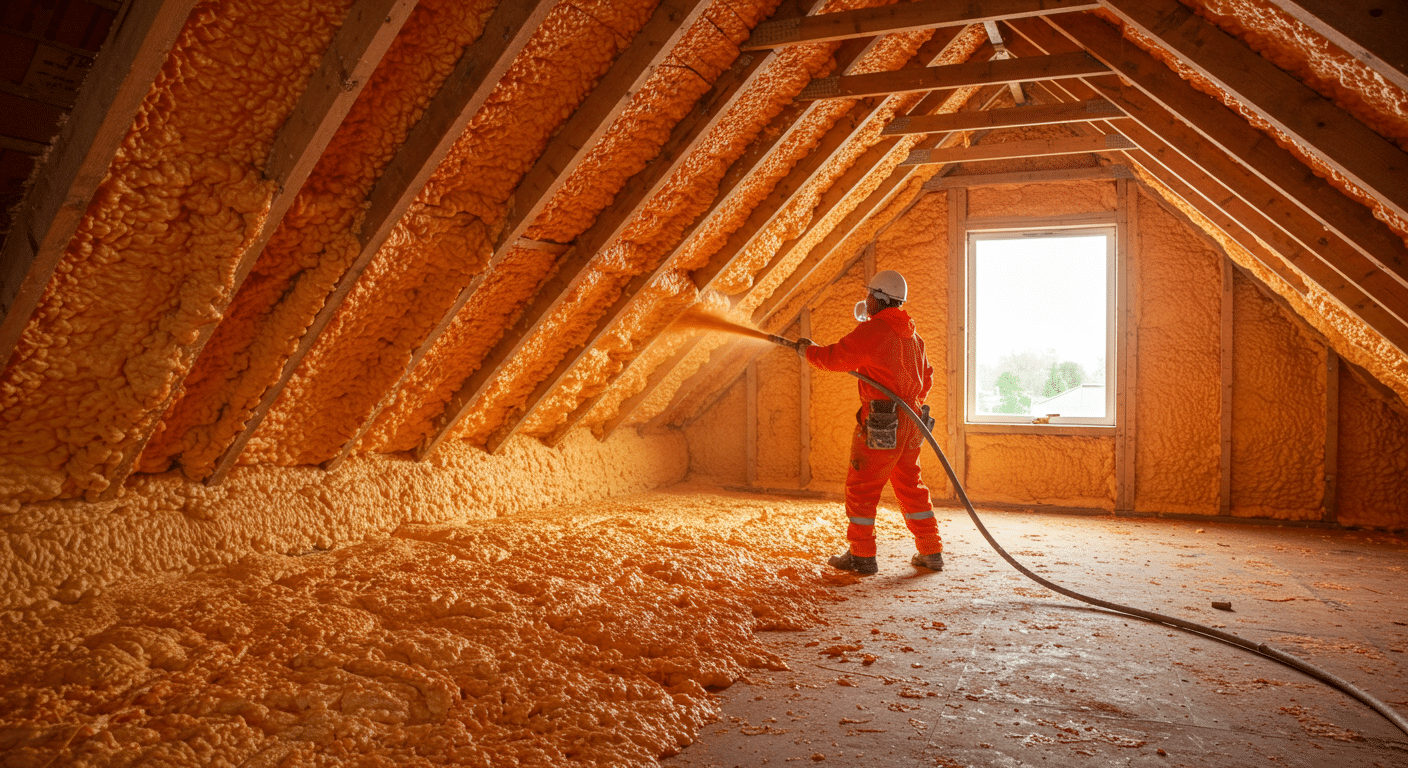
Spray foam insulation is generally safe when installed properly, though there are health and environmental considerations. The primary health concern is the potential exposure to volatile organic compounds (VOCs) and other chemicals during installation, which can cause respiratory issues or irritation. However, once cured, spray foam is inert and safe for long-term use. It’s important to use proper safety protocols during installation to minimize risks.
Key Factors Affecting Spray Foam Insulation Safety
| Factor | Impact on Safety | Considerations |
| Installation Process | Temporary exposure to chemicals | Use proper ventilation |
| Curing Time | VOC emissions during curing | Ensure full cure before occupancy |
| VOC Levels | Health effects during installation | Use low-VOC options |
| Long-Term Safety | Safe once fully cured | No ongoing emissions |
Spray Foam Insulation: Pros and Cons
Pros:
- Energy Efficiency: Provides superior insulation, reducing energy costs.
- Durability: Long-lasting when installed properly.
- Noise Reduction: Effective at soundproofing.
Cons:
- Health Risks During Installation: Exposure to chemicals can cause temporary respiratory issues.
- Environmental Concerns: Some types have a high environmental impact due to the chemicals used.
- Cost: Generally more expensive than other insulation options.
Health and VOCs Considerations

Spray foam insulation contains chemicals that emit VOCs, which can pose health risks during installation. These compounds can cause irritation to the eyes, skin, and respiratory system. To mitigate health risks, installers should wear protective gear, ensure proper ventilation, and avoid occupancy until the foam has fully cured. Opting for low-VOC or zero-VOC spray foam can further reduce these risks.
Environmental Impact of Spray Foam Insulation
From an environmental perspective, spray foam insulation may have a higher impact compared to traditional options like fiberglass. The production of spray foam involves chemicals that contribute to ozone depletion, though many manufacturers now offer environmentally friendly alternatives. To reduce the environmental footprint, choosing eco-friendly spray foam formulations that use water-based blowing agents and low-GWP (Global Warming Potential) materials is recommended.
Spencer is a Google ranking expert and SEO consultant who has helped businesses in the spray foam marketing industry achieve their online marketing goals. Spray Foam Genius Marketing has a proven track record of success, having achieved some impressive results for his clients.

